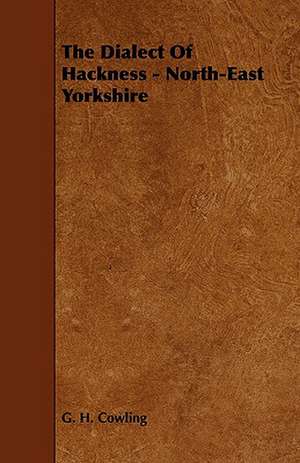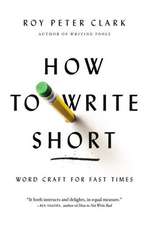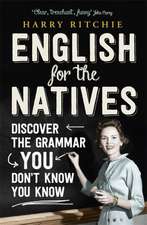The Dialect of Hackness - North-East Yorkshire
Autor G. H. Cowlingen Limba Engleză Paperback – 26 oct 2008
Preț: 112.41 lei
Nou
Puncte Express: 169
Preț estimativ în valută:
21.51€ • 23.00$ • 17.93£
21.51€ • 23.00$ • 17.93£
Carte tipărită la comandă
Livrare economică 17 aprilie-01 mai
Preluare comenzi: 021 569.72.76
Specificații
ISBN-13: 9781443774833
ISBN-10: 1443774839
Pagini: 220
Dimensiuni: 140 x 216 x 13 mm
Greutate: 0.29 kg
Editura: Ellott Press
ISBN-10: 1443774839
Pagini: 220
Dimensiuni: 140 x 216 x 13 mm
Greutate: 0.29 kg
Editura: Ellott Press




